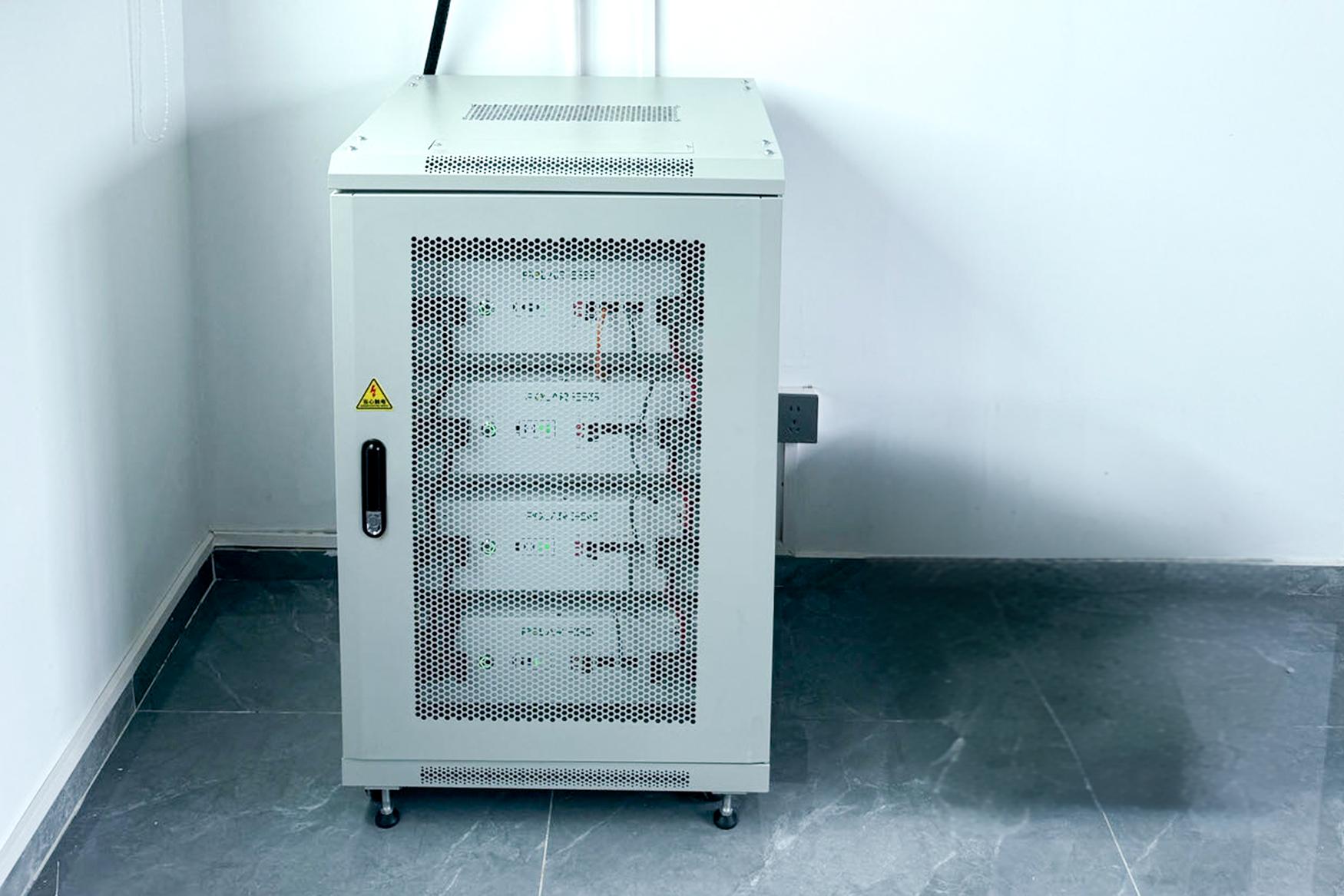Are you tired of high energy bills and looking for ways to reduce your carbon footprint? Look no further than residential energy storage systems! These innovative solutions allow homeowners to store excess electricity generated from renewable sources, such as solar panels or wind turbines, for later use. In this tutorial/guide article, I will walk you through the pros and cons of residential energy storage systems.
The Benefits of Residential Energy Storage Systems
Residential energy storage systems offer several advantages. Firstly, they provide homeowners with greater control over their electricity usage. By storing excess energy during off-peak hours when electricity rates are lower, you can save money on your monthly utility bills. Additionally, these systems act as a backup power source during blackouts or grid failures, ensuring that essential appliances continue to function.
Secondly, residential energy storage systems contribute to a greener environment. By reducing reliance on fossil fuels and utilizing stored renewable energy instead, households can significantly decrease their carbon emissions. This not only helps combat climate change but also promotes sustainable living.
Polar ESS: A Leading Solution in Residential Energy Storage
If you’re considering investing in a residential energy storage system, Polar ESS is an excellent option worth exploring. With its cutting-edge technology and user-friendly interface, Polar ESS offers seamless integration with existing solar panel installations.
Polar ESS utilizes lithium-ion batteries that have a longer lifespan compared to traditional lead-acid batteries commonly used in other systems. This ensures durability and reliability while minimizing maintenance requirements for homeowners.
In addition to its exceptional performance capabilities, Polar ESS provides advanced monitoring features that allow users to track their household’s electricity consumption patterns accurately. This valuable insight enables better optimization of stored energy usage and further cost savings.
The Role of Energy Management Systems
energy management systems play a crucial role in maximizing the efficiency and effectiveness of residential energy storage systems. These intelligent software solutions analyze real-time data from various sources, including weather forecasts and electricity rates, to optimize energy usage.
By integrating an energy management system with your residential energy storage system, you can automate the charging and discharging processes based on the most cost-effective times. This ensures that you make the most out of renewable energy generation while minimizing reliance on grid-supplied electricity during peak hours when rates are higher.
Furthermore, these systems provide users with detailed reports and insights into their overall energy consumption patterns. Armed with this information, homeowners can identify areas for improvement and implement strategies to further reduce their carbon footprint.
In Conclusion

Residential energy storage systems offer numerous benefits for homeowners seeking greater control over their electricity usage while contributing to a greener environment. With options like Polar ESS and integration with advanced energy management systems, it has never been easier to harness renewable power effectively. So why not take advantage of these innovative solutions today?

